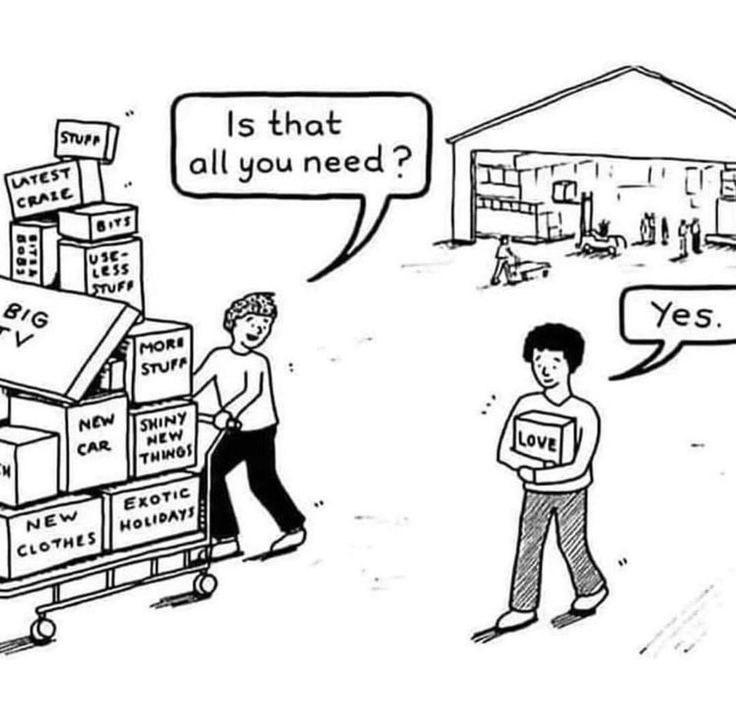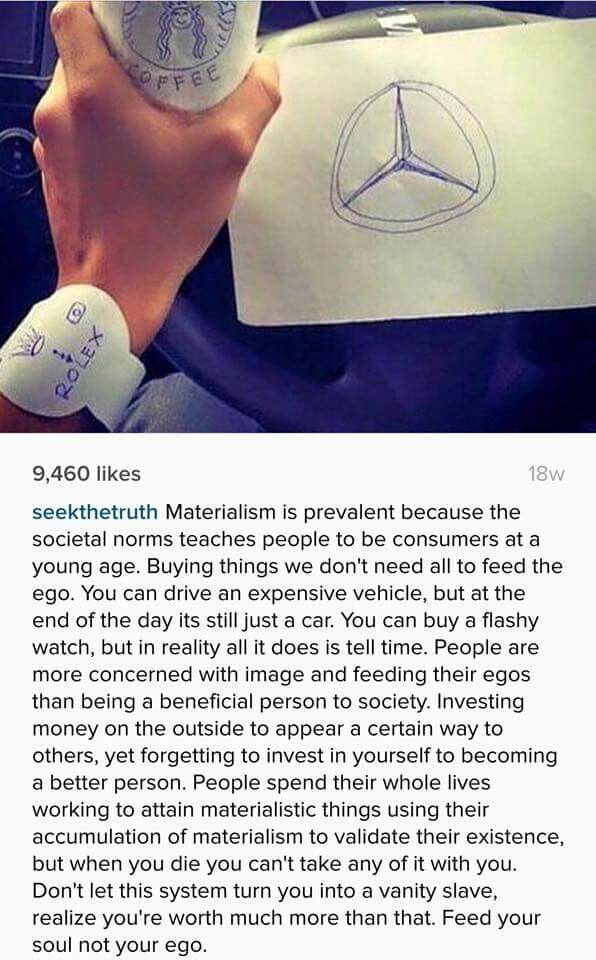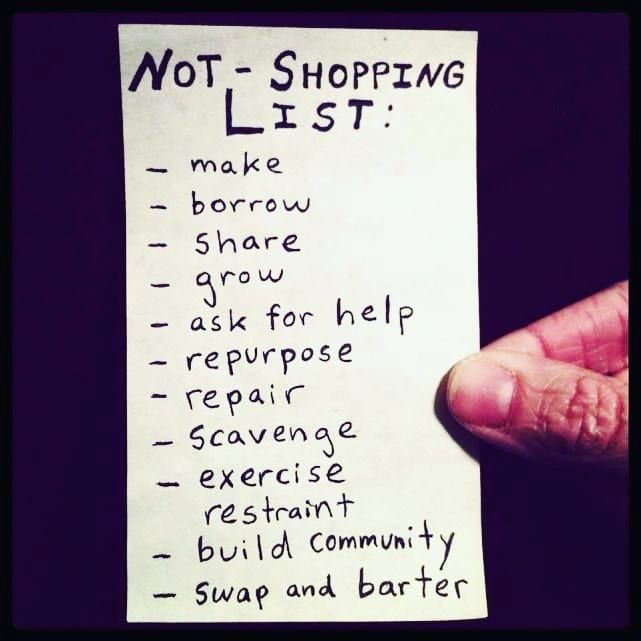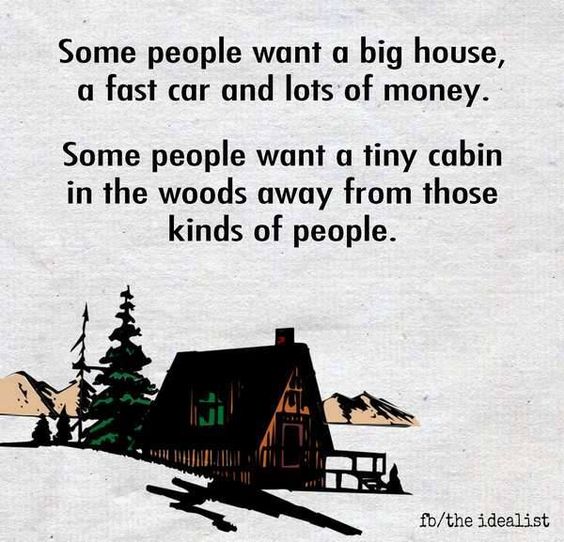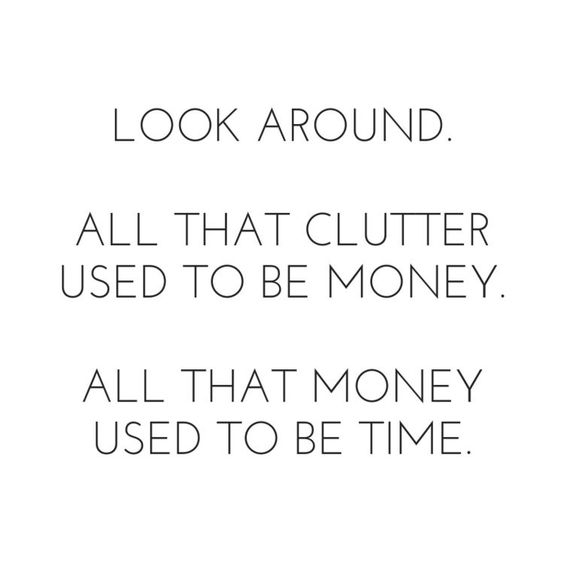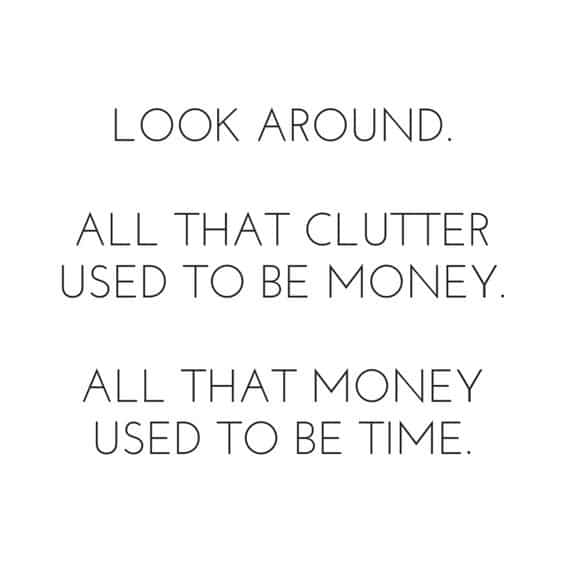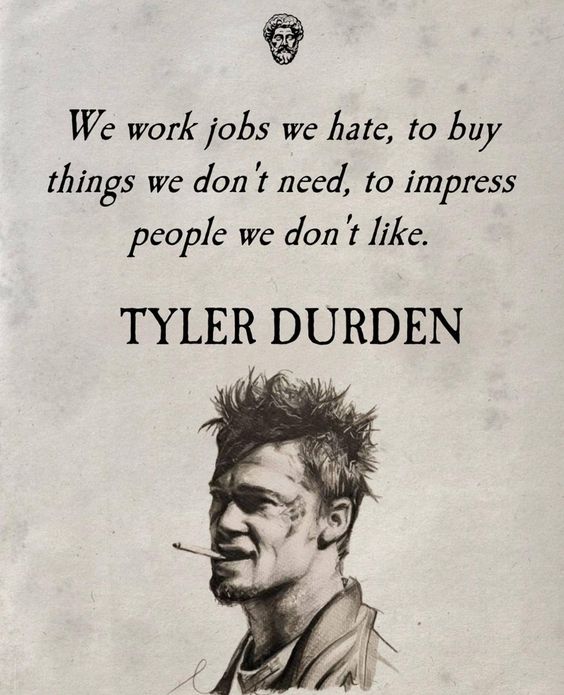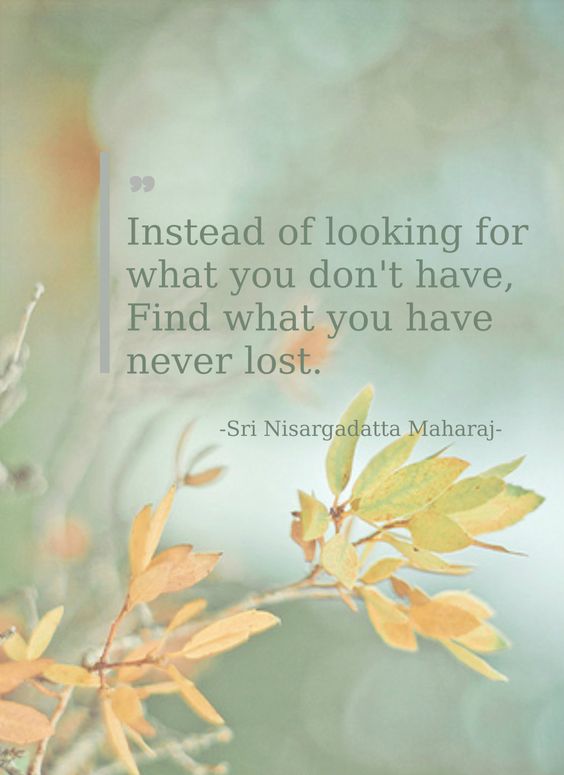“Modern marketing culture is designed to amplify our desires. To turn faint wants into desperate needs. As a result, we’re intimately familiar with what we want. And we strive to get it. The problem with getting what you want is that now you have a hole, because you don’t want that thing anymore, you have it. We then are on a cycle, eager to find a new thing to want. Which means that the thing you used to want but now have fades in comparison. There’s a more resilient path: To commit to wanting what you have.”
Seth Godin
“What’s required is the will to resist the urge to consume more and more since that strategy can only lead to the feeling of having more experiences left to consume.”
Oliver Burkeman, Four Thousand Weeks
“In modern Western society we have reached a point at which we try to get by without acknowledging the inner life at all. We act as though there were no unconscious, no realm of the soul, as though we could live full lives by fixating ourselves completely on the external, material world. We try to deal with all the issues of life by external means—making more money, getting more power, starting a love affair, or ‘accomplishing something’ in the material world. But we discover to our surprise that the inner world is a reality that we ultimately have to face.”
Robert A. Johnson, Inner Work (Page 10)
“Only he who accepts that the essence or meaning of his life is not material but spiritual can be free.”
Leo Tolstoy, A Calendar of Wisdom (Page 187)
“If you’re trying to show off for people at the top, forget it. They will look down at you anyhow. And if you’re trying to show off for people at the bottom, forget it. They will only envy you. Status will get you nowhere. Only an open heart will allow you to float equally between everyone.”
Morrie Schwartz, via Tuesdays With Morrie (Page 127)
“We’ve got a form of brainwashing going on in our country. Do you know how they brainwash people? They repeat something over and over. And that’s what we do in this country. Owning things is good. More money is good. More property is good. More commercialism is good. More is good. More is good. We repeat it—and have it repeated to us—over and over until nobody bothers to even think otherwise. The average person is so fogged up by all this, he has no perspective on what’s really important anymore.”
Morrie Schwartz, via Tuesdays With Morrie (Page 124)
“To feel sufficient, to be satisfied with what we have: Chisoku in Japanese. Of course, by some measures, there’s never enough. We can always come up with a reason why more is better, or better is better, or new is better or different is better. Enough becomes a choice, not a measure of science. The essence of choice is that it belongs to each of us. And if you decide you have enough, then you do. And with that choice comes a remarkable sort of freedom. The freedom to be still, to become aware and to stop hiding from the living that’s yet to be done.”
Seth Godin, Blog
“Remember how passionately you yearned in the past for many of the things which you hate or despise now. Remember how many things you lost trying to satisfy your former desires. The same thing could happen now, with the desires which excite you at present. Try to tame your present desires, calm them; this is most beneficial, and most achievable.”
Leo Tolstoy, A Calendar of Wisdom (Page 49)
“You are here not merely to gratify your impulses and consume what others have made but to make and contribute as well, to serve a higher purpose. To serve this higher purpose, you must cultivate what is unique about you. Stop listening so much to the words and opinions of others, telling you who you are and what you should like and dislike. Judge things and people for yourself.”
Robert Greene, The Daily Laws (Page 31)
“Markets often persuade us that we don’t have enough. Communities remind us that we do.”
Seth Godin, Blog
“We may claw and fight and work to own things, but those things can be taken away in a second. The same goes for other things we like to think are ‘ours’ but are equally precarious: our status, our physical health or strength, our relationships. How can these really be ours if something other than us—fate, bad luck, death, and so on—can dispossess us of them without notice? So what do we own? Just our lives—and not for long.”
Ryan Holiday, The Daily Stoic (Page 360)
